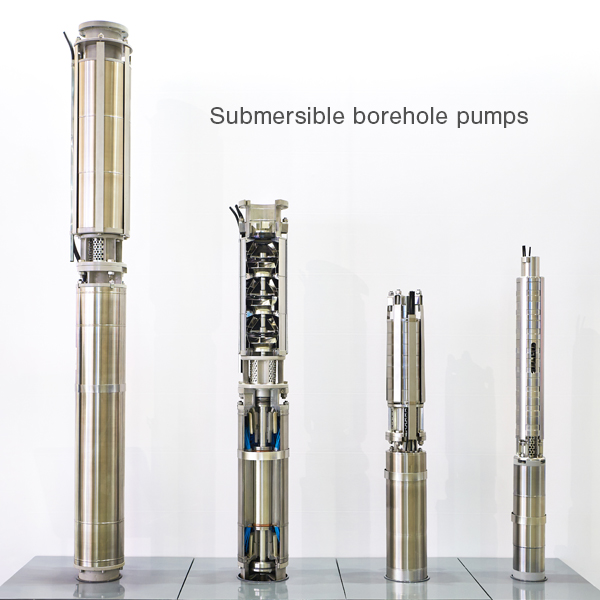Lifting Expectations: Material that Protects Your ESP Systems in the Harshest Environments
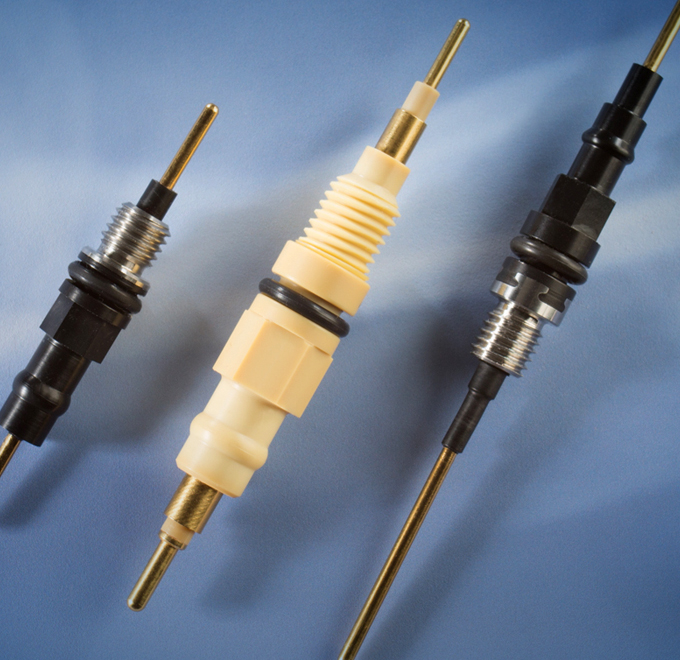
With almost 1 million1 oil producing wells in the United States alone, most require the use of an artificial lift system. There are various methods of artificial lift which are utilized to increase pressure within the reservoir to push oil to the surface. This allows operators to enhance production and extend well life.
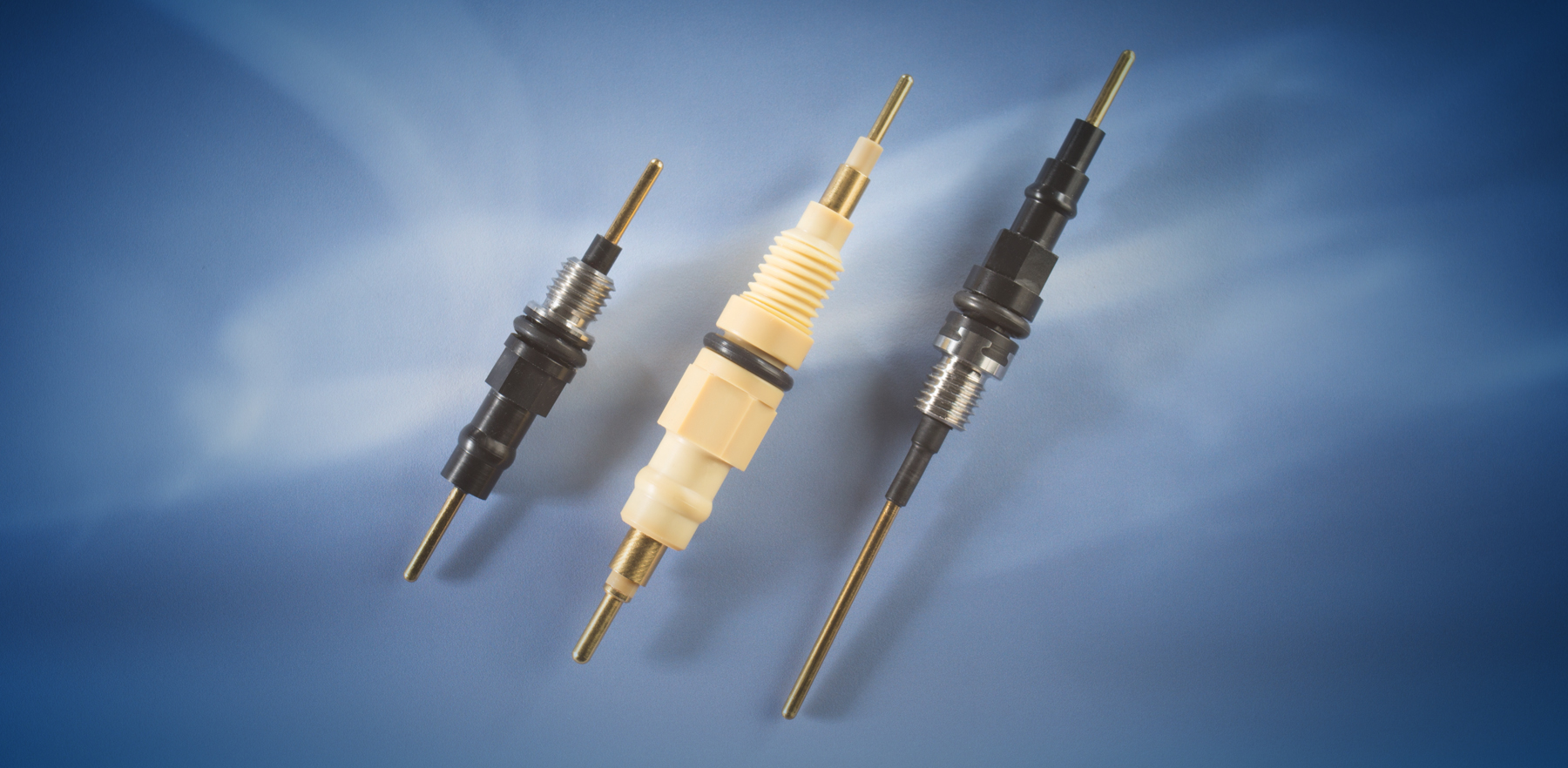
One of the most efficient and reliable methods of artificial lift for moderate to high volumes of fluids from well bores is through use of Electrical Submersible pumps (ESP). It is important for ESPs systems that every component stands up to the rigors of high pressures, high temperatures, and direct contact with the well fluids and contaminates common in oilfield environments. One type of critical components is the electrical thermal insulators that mate with electrical connectors and feedthroughs downhole. Electrical thermal insulators are designed to protect sensitive electrical connectors and feedthroughs transmitting critical data in extreme temperatures and pressure environment. Without an effective insulator, connectors are at risk of not being able to transmit a continuous signal and power to vital surface equipment. This could have serious consequences, such as unscheduled and costly oil well downtime.
Finding an insulation material that can deliver the required electrical performance and reliability while also withstanding the harsh HPHT downhole environmental conditions is critical, but finding the right material is not easy. To address these downhole needs, Greene Tweed has developed a patented cross-linked PEEK thermoplastic, Arlon 3000XT®. This innovative material platform can withstand temperatures ranging from 260°C to 300°C (500°F to 572°F), environments with high pressure in excess of 35,000 PSI, and harsh media such as hydrogen sulfide, methanol, drilling fluids, and well products.
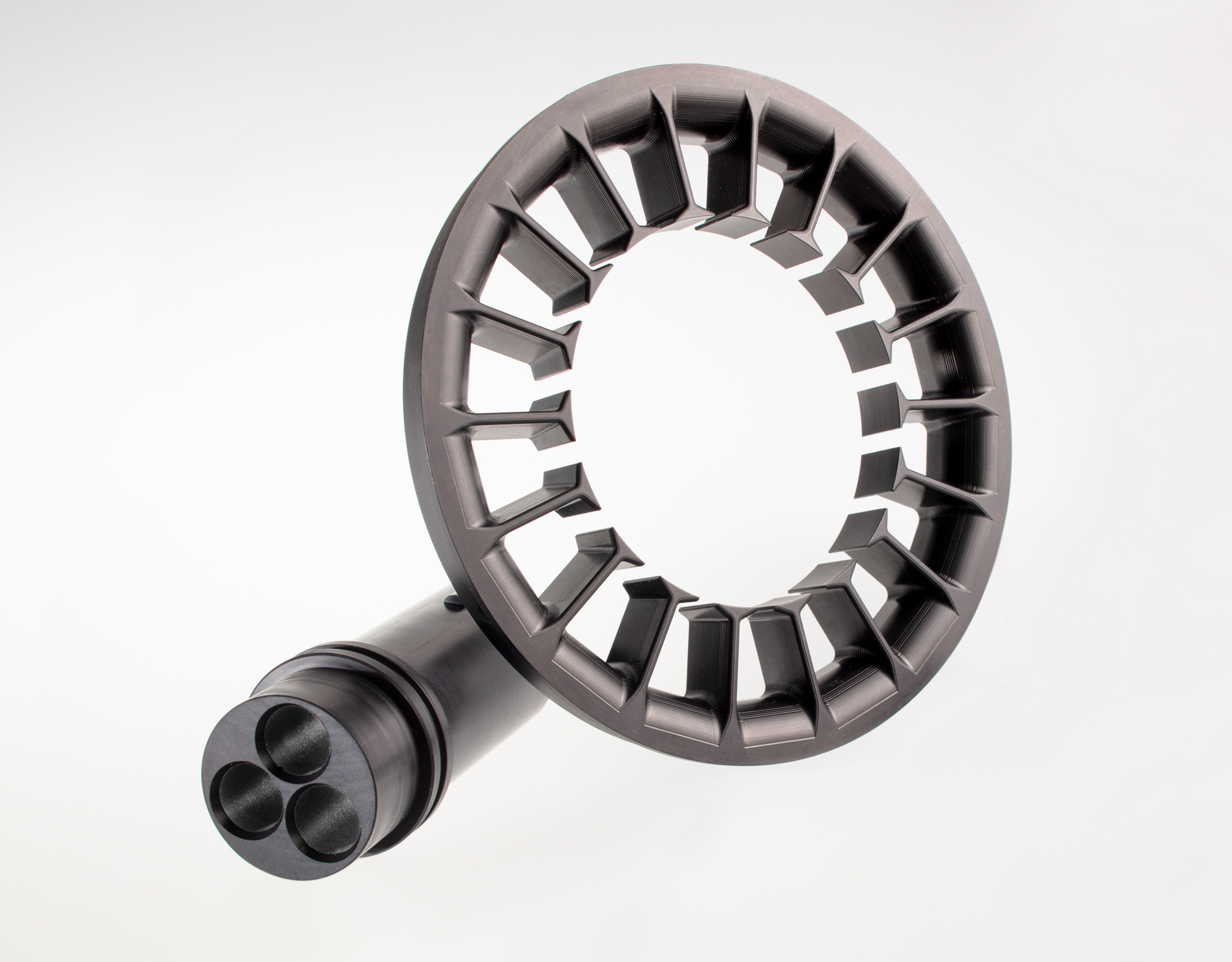
Arlon 3000XT® is already being rapidly adopted by global oilfield companies. Let’s see why: Our engineers put Arlon 3000XT® through a rigorous test in extreme oil and gas applications. It demonstrated superior performance at high temperatures ranging from 260°C to 300°C – typical temperature range in oil wells. Compared to competitive materials (polyimides, other polyketones), Arlon 3000XT® performed consistently even when exposed to fluids at temperatures ranging from 260°C to 300°C for 112 days. It delivered superior mechanical property retention and outperformed standard grades of PEEK in tensile strength and Young’s Modulus, showing no statistically significant difference after aging at 300°C compared to baseline data(unaged samples). Both surface and volume resistivity were above standard insulative requirements at high temperatures, tested up to 250°C. In addition, any exposure even to minimal amounts of water or moisture may irreversibly attack polyimides; while Arlon 3000XT® is able to withstand not only moisture but has even withstood the harsh chemical exposure conditions required to successfully attain Norsok certification.
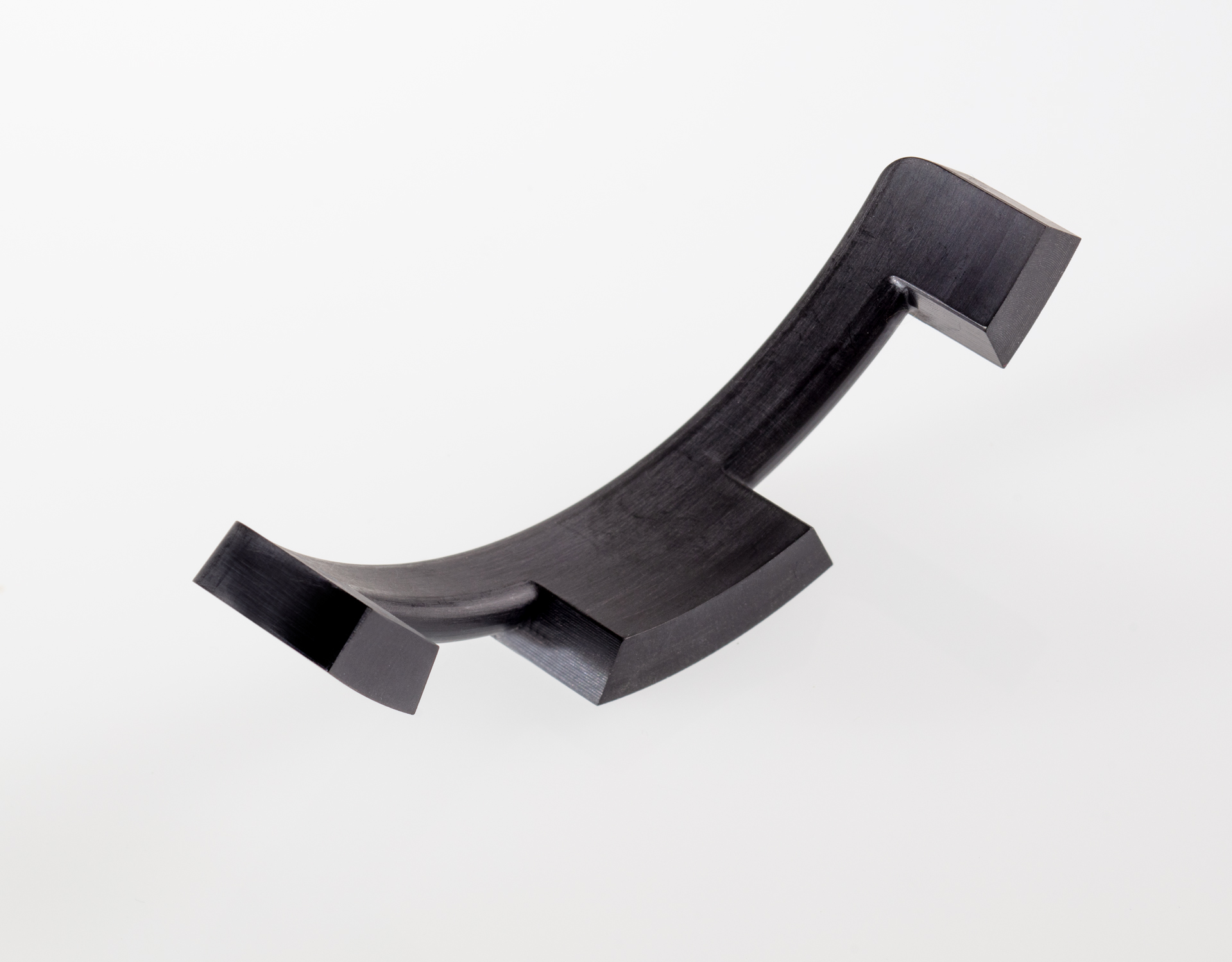
Regarding manufacturability, Arlon 3000XT® can be net molded or near net molded with no additional machining steps required. Custom or standard injection molded parts with final machining are also available.
From extensive industry knowledge, Greene Tweed knows having a robust material platform you can use in your ESP systems is critical to meeting or exceeding the run life and operation of your artificial lift systems. Let us put our decades of experience and innovative material and product solutions to work for you. Our engineers can design a custom solution for your electrical thermal insulator needs to protect your sensitive electrical connectors and feedthroughs. Please contact a Greene Tweed representative to learn more.
